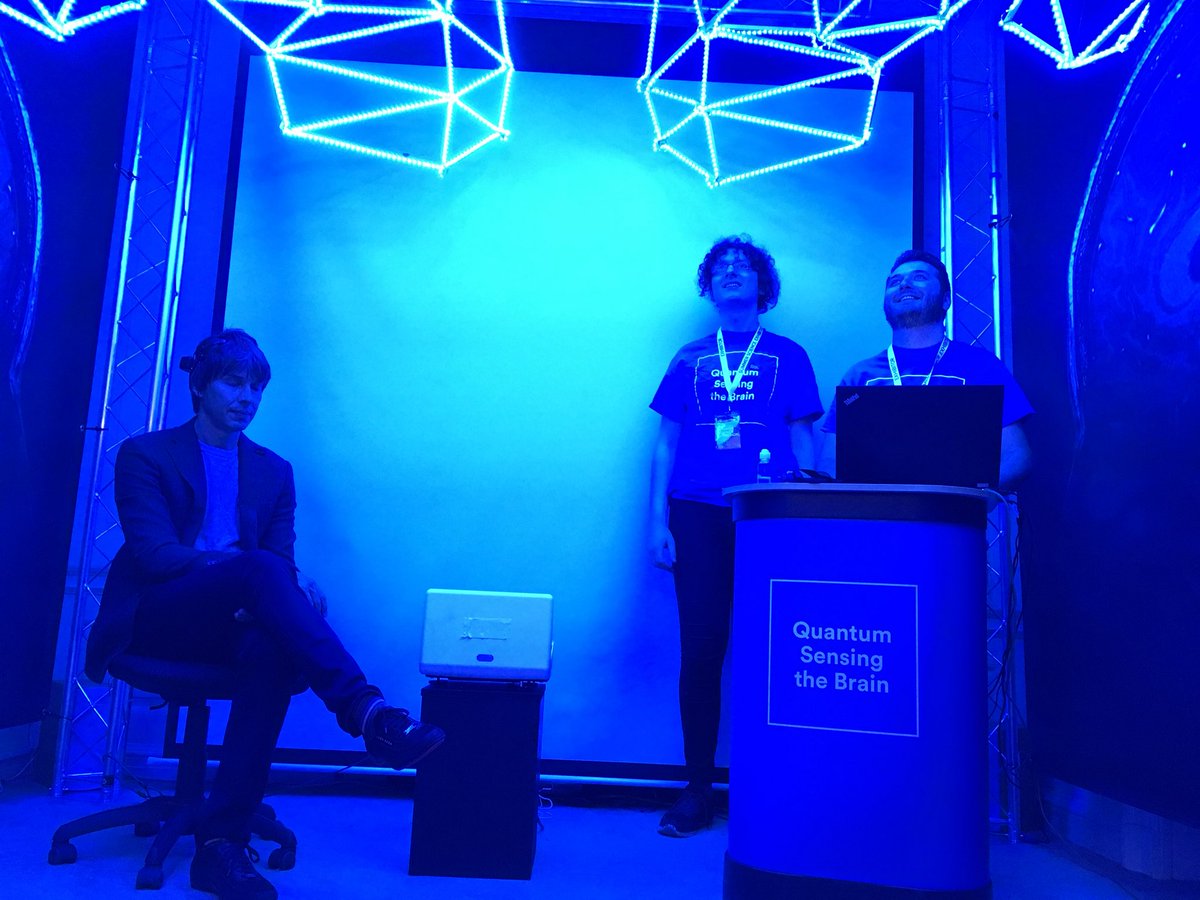
July 3, 2018, by Lindsay Brooke
Prof Brian Cox gets his brain examined!
Brian’s brain activity was put to the test yesterday when he dropped in on the University’s Quantum Sensing the Brain team at the Royal Society Summer Exhibition.
Professor Brian Cox was doing a tour of the annual event which showcases some of the best research being done right now in the UK and brings hands on experience of that research to the public.
Quantum sensing provides cutting-edge insights into mental health
A new quantum brain scanner, developed by Dr Matt Brookes and his team based in the Sir Peter Mansfield Imaging Centre in collaboration with University College London, can measure our ‘brain waves’ with unprecedented accuracy.
Their exhibit demonstrates out how quantum brain sensing works and what it could mean for the treatment of mental health conditions.
Visitors enter the ‘Brain Room’ to see and hear live signals from their brain.
They can play games that are controlled by their own brain activity and explore a brain model and quatum box, to see how brain waves are detected.
From profs to undergrads – everyone has got involved
The great thing about this project is that it involves everyone from undergrads to profs. Here’s a compilation of their Instagram posts!
Raising the profile of your research
The #summerscience exhibition is on until Sunday 8 July and is packed with fascinating exhibits.
Each year over 14,000 members of the public, including 2,500 school students, visit the Summer Science Exhibition. Many more are reached through coverage on TV, in the media and online. Among other great reasons to exhibit, the exhibition provides a unique opportunity to raise the profile of your research and institution with key influencers, including potential funders, government and the public.
Applications for next year’s exhibition are already open. Deadline: 3pm on 7 September 2018
Development of the new mobile ‘helmet’ brain scanner
Conventional imaging can measure brain activity during different tasks. This tells us how the brain works to control our body and enable us to think. However, these large scanners require the subject to remain still – making it unsuitable for young children and anyone who is claustrophobic or anxious. Using cutting-edge quantum sensors, a collaborative team at the University of Nottingham and University College London has developed a new ‘helmet’ brain scanner that can be worn as the subject moves around. It detects the tiny electromagnetic fields produced by active parts of the brain and is around four times more sensitive than conventional machines. It’s hoped the new scanner can reveal how brain networks are changed in mental health conditions, and how they can be re-sculpted by therapy.
Find out more about multichannel magnetoencephalography (MEG) recordings and building a full-head MEG system on these blogs. You can also find out about interdisciplinary research conducted by the Institute of Mental Health.
Presented by the University of Nottingham and University College London.
Keep updated @sensingthebrain
No comments yet, fill out a comment to be the first

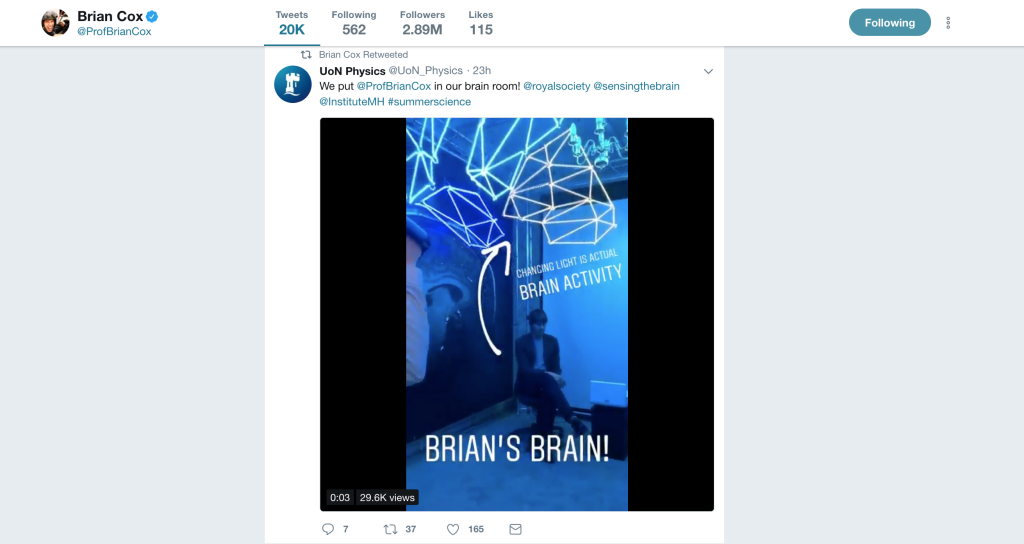
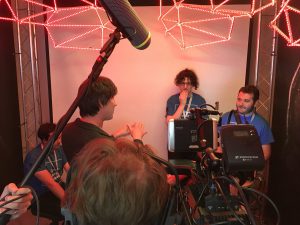
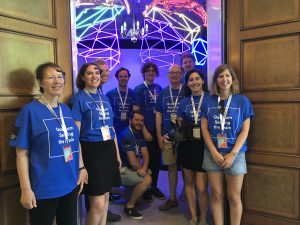
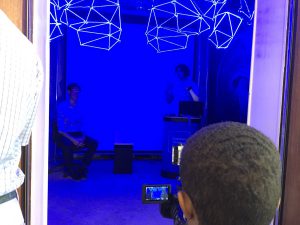
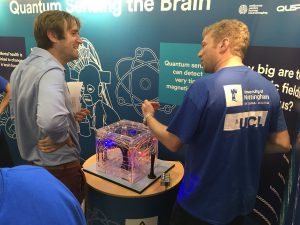
Leave a Reply